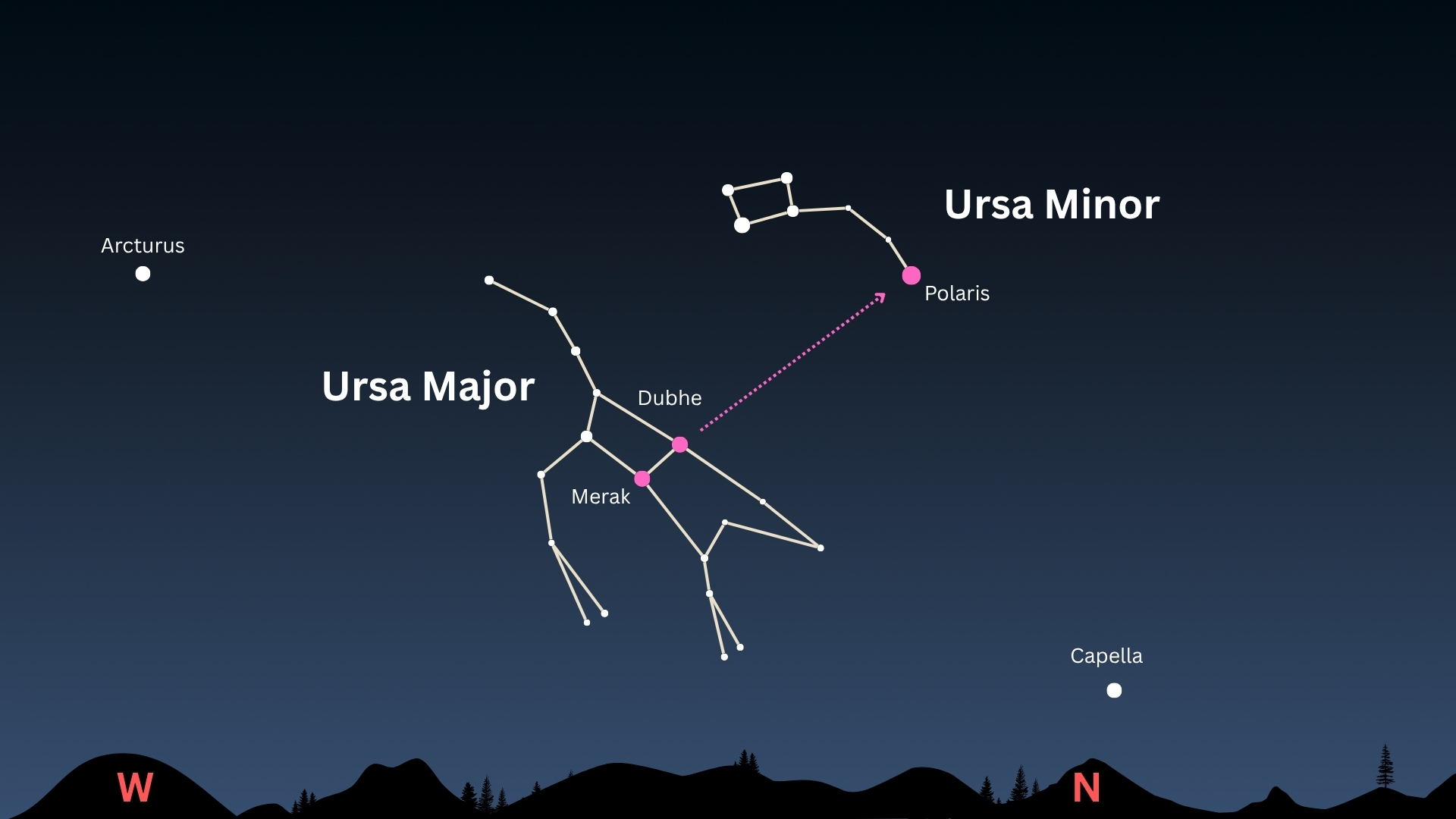FTC Approves Creation of United Launch Alliance
WASHINGTON-- The U.S. Federal Trade Commission (FTC) voted 5-0 Oct. 3 to approve theproposed merger of the government launch services businesses of Boeing andLockheed Martin. In its consent decree, the commission imposed three conditionson the deal.
Boeingsells the Delta launch vehicle, and Lockheed Martin, the Atlas. Once the dealis finalized after the two companies comply with the consent decree, they willfinalize a 50-50 joint venture that will consolidate the production,engineering, test and launch operations associated with U.S. government launchesof both rockets.
The FTCsaid in a press release that its consent decree directs the new United LaunchAlliance (ULA) company to:
- Cooperateon equivalent terms with all providers of government space vehicles;
- Provideequal consideration and support to all launch services providers when seekingany U.S. government delivery in orbit contract; and
- Safeguardcompetitively sensitive information obtained from other space vehicle andlaunch services providers.
Industryand government sources said those conditions appeared to be designed to satisfythe concerns of companies that had filed complaints with the FTC about thedeal. Northrop Grumman, which manufactures satellites for military and civilgovernment customers had sought assurances that itwould not be put at a disadvantage by ULA when it was bidding against thesatellite manufacturing units of Lockheed Martin and Boeing, which both sellsatellites to government users. Satellite contracts are frequently sold asdelivery-on-orbit contracts, which means themanufacturer has to negotiate a launch price with the launch service provider.Northrop Grumman had sought assurances that it would get the same kind ofpricing from ULA as Boeing and Lockheed Martin.
Breaking space news, the latest updates on rocket launches, skywatching events and more!
"As we havestated in the past, Northrop Grumman is not fundamentally opposed to theproposed United Launch Alliance joint venture," Northrop Grumman said in astatement Oct. 3. "We have, from the beginning, been concerned about theanticompetitive effect that ULA could have on the satellite and space vehiclebusinesses. The FTC has just publishedits proposed Consent Order in this matter and while we anticipate that it willadequately address our concerns, we are still in the process of reviewing it."
SpaceExploration Technologies (SpaceX) of El Segundo, Calif., had asked the FTC inOctober 2005 to reject the merger or, failing that, at least require Boeing andLockheed Martin to accept a consent decree relinquishing their virtual lock onAir Force launch business.
"While it obviouslyprotects big satellite makers like Northrop, it appears to do very little toensure free and fair competition in the launch vehicle market," said Elon Musk,president and chief executive officer of SpaceX.
SpaceX isdeveloping a launch vehicle dubbed the Falcon 9 that it intends to use tocompete for business launching satellites built for the U.S. government.
LockheedMartin and Boeing have insisted that by combining their Atlas and Deltabusinesses they will be able to reduce the cost of meeting the nationalsecurity and civil expendable launch vehicle needs of the U.S. government.
The FTCpress release made clear the commission's concerns about competition, sayingthe joint venture would violate antitrust laws and "is likely to cause significantanticompetitive harm." But the FTC said the Pentagon concluded that "the uniquenational security benefits from the joint venture would exceed anyanticompetitive harm."
The FTCrelease also said the Pentagon believed that "ULA will improve launch vehiclereliability through a single work force that will benefit from an increasedlaunch tempo and because ULA will integrate Boeing's and Lockheed Martin'scomplementary technologies."
ThePentagon made clear its support for the deal in spite of any reduction incompetition. "The merger between Lockheed Martin and Boeing presents very unique national security benefits that, in the department'sanalysis, clearly outweighs the loss of competition. For that reason, wehave concluded that the joint venture offers advantages over the status quo,"Pentagon spokeswoman Cheryl Irwin said Oct. 3.
Boeingspokesman Dan Beck said the company "expects that the remaining requirementswill be successfully resolved to enable the transaction to be completed and ULAoperations to begin."
A number ofhurdles remain to be overcome, Beck said. Boeing and Lockheed still have to goabout creating the business, setting up accounting systems and all else thatgoes with creation of a large company.
"There aresome details relating to Buy 3 of EELV [Evolved Expendable Launch Vehicle] thatwe need to work out with the Air Force, and we are in continual discussionswith them on those," Beck said. He declined to elaborate on what those issueswere. He added that Boeing hoped to "get this going as quickly as possible."
Maj. ReginaWinchester, a spokeswoman for the Air Force, said Oct. 3 that EELV Buy 3 wasset up to function independently of ULA.
The FTCdecision is subject to public comment for 30 days.
The valueof each company's investment in the ULA is valued at "more than $530.7million," the FTC said in its press release.
Once thedeal is formally closed Michael Gass, vice president and general manager ofLockheed Martin Space Transportation, will become ULA's president and chiefexecutive officer. Dan Collins, vice president of Boeing Expendable LaunchSystems, will serve as chief operating officer. Each company will be able toappoint three directors to a six-member board of directors.
ULAheadquarters will be in Denver with most engineering and administrativeactivities consolidated at Lockheed Martin's Space Systems Company facilities.Major assembly and integration operations will be located primarily at Boeing'smanufacturing and assembly facility in Decatur, Ala. As part of the jointventure, the companies' launch facilities at Cape Canaveral Air Force Stationin Florida and Vandenberg Air Force Base in California will provide flexibilityfor meeting launch requirements on East and West coasts.
ULA isexpected to have about 3,800 employees at sites in Colorado, Alabama, Florida,California and Texas, according to a Lockheed Martin press release.
Followingthe closing of ULA, Boeing and Lockheed Martin have agreed to dismiss all civillitigation against each other related to a previous competition for launchesunder the Air Force EELV program.
Jeremy Singer contributed to thisreport from Boston.
- Lockheed Martin to Build NASA's Orion Spaceship
- VIDEO: A New Era of Space Exploration
- Image Gallery: NASA's New Spaceship
- Dueling Drawing Boards: Sizing up the CEV Designs
- NASA's New Moon Plans: 'Apollo on Steroids'
Join our Space Forums to keep talking space on the latest missions, night sky and more! And if you have a news tip, correction or comment, let us know at: community@space.com.

Colin Clark, the founding editor of Breaking Defense, also started DoDBuzz.com, the world’s first all-online defense news website, He covered Congress, intelligence and regulatory affairs for Space News; founded and edited the Washington Aerospace Briefing, a newsletter for the space industry; covered national security issues for Congressional Quarterly; and was editor of Defense News. Colin, an avid fisherman, grill genius and wine drinker, lives in his native Washington, D.C. but will eventually be relocating to Australia where he will report on Asia and Pacific defense matters for Breaking Defense.
